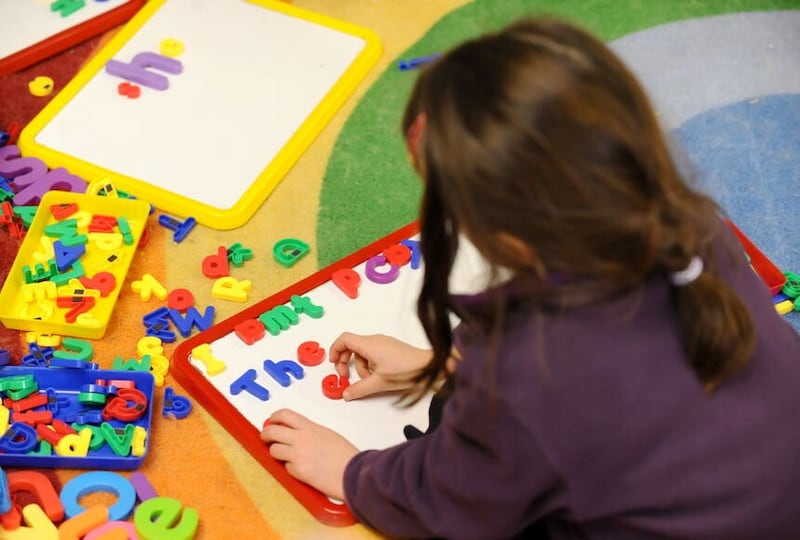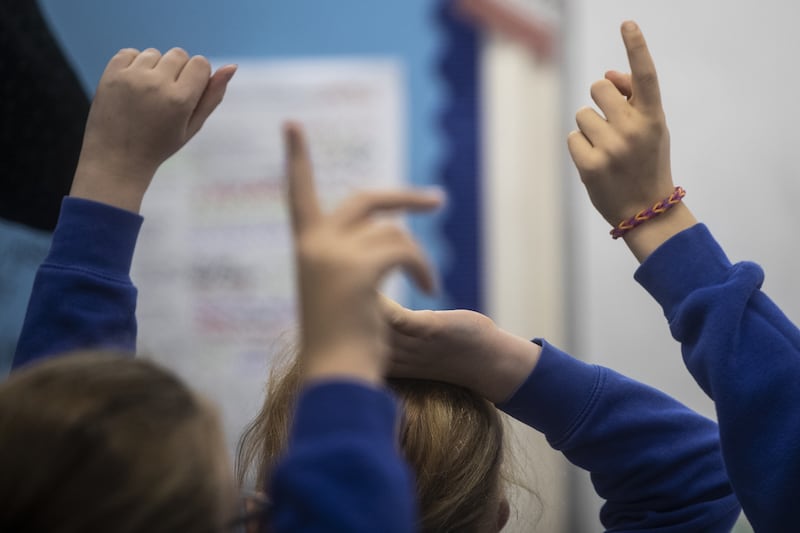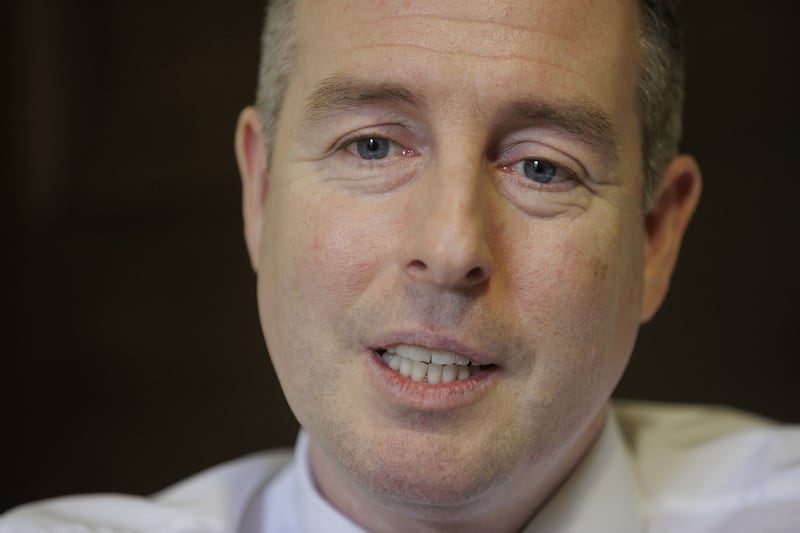THE special education needs (SEN) system in Northern Ireland "needs to re-aligned and reformed", a major review has found.
Early support for children with special educational needs in the north is "almost impossible", the report states, with the availability of educational psychologists to provide support to schools and children "extremely limited".
The review also found that the cost of funding SEN - including support for children, special schools and transport - had increased to around £500m a year.
The IPSOS review, which was commissioned by the Department for Education (DE) in April 2022, aimed to look at current SEN services and provision in a bid to improve outcomes for children with SEN.
Figures show that from 2017 to 2022 the school population in the north rose by almost 11,000 with the number of pupils with a SEN statement also increasing by over 4,200.
In 2022/23, more than 66,000 pupils in Northern Ireland had some form of SEN - just under 20 per cent of the school population.
Growing pressure on the education system has seen recent warnings from the Education Authority (EA) that a "significant shortfall" in special school places this year is likely.
The EA has recently warned that there is a shortfall of around 920 special school places for children in September 2023, for both primary and post-primary schools.
The review of SEN services, published on Tuesday, spoke with school principals, civil servants, parents and young people.
It found "a high level of consensus that the challenges facing SEN in Northern Ireland are significant and the current systems and processes are ineffective and unsustainable".

It added that "it is clear that the SEN system needed to be re-aligned and reformed".
It suggests that the system needs to "move from a process system driven to a child-centred approach which meets the needs of children with SEN, improving their educational outcomes while ensuring that funding is being used effectively and demonstrates value for money".
The review also states that the "issues that have been identified within this review and other related reports need to be addressed within a reasonable timeframe".
"Accountability within DE and EA is needed to drive the change needed," the report added.
"The strengthening of DE’s governance and oversight in relation to SEN is key to leading, implementing and driving change within the EA and the wider SEN system."
Among the challenges the sector faces, the review found, was that the number of educational psychologists in the EA had decreased by more than a quarter. It has fallen from 136 in 2016 to 101 in 2021.
"The EA Educational Psychology Service is core to the provision of SEN education processes, services and support to schools, pupils and parents," the report said.
"This much smaller team is now dealing with significantly more demand."
The review said that the "majority of pre-schools cannot request an assessment by an educational psychologist and have limited access to the EA supports".
"Under the current system and processes early intervention is almost impossible," it said.
The Department has welcomed an independent review that forms the basis for transformational change of the SEN system in Northern Ireland, to ensure that every child with Special Educational Needs is happy, learning and succeeding.
— Education NI (@Education_NI) May 23, 2023
Read more: https://t.co/nQ1pAz2N01 pic.twitter.com/hY2jkU9NWu
Welcoming the review, DE permanent secretary, Mark Browne, said: “Children with special educational needs and disabilities deserve a high quality, child centred and cost-effective education which meets their individual needs.
"This report indicates that systemic reform is critical to ensure the delivery of high quality, child-centred provision through earlier intervention, a highly skilled and trained workforce and pupil support services that are flexible, timely and responsive as children’s needs emerge.
“There are a number of recommendations contained in this review, some of which will challenge how things are currently done, however, I am confident that in collaboration with key partners we can drive forward change at pace to improve the lives of all children with special educational needs.”








